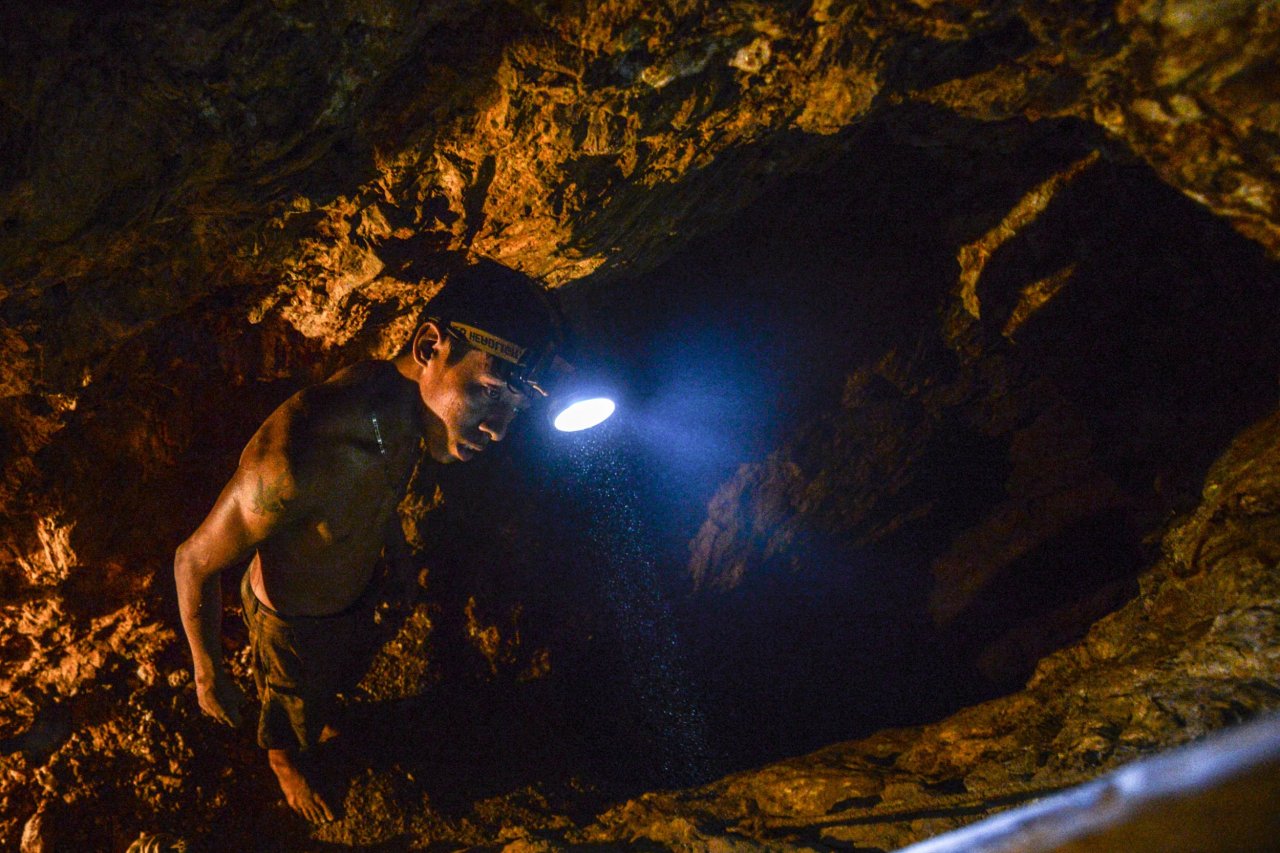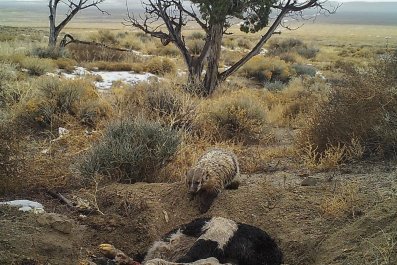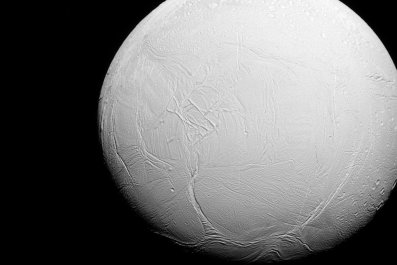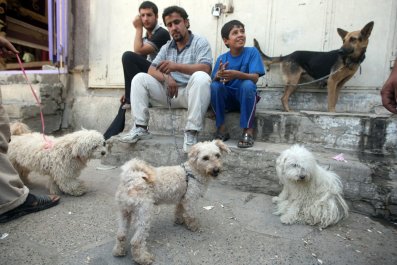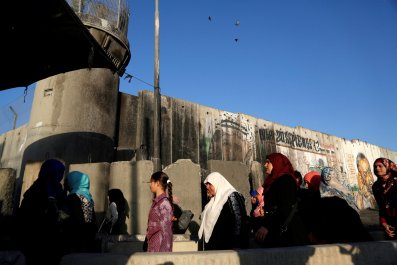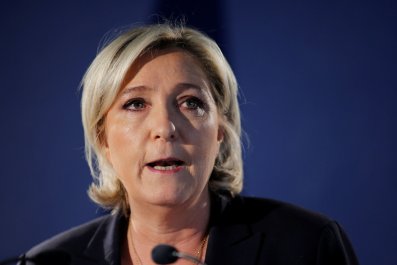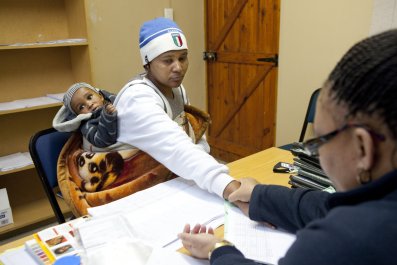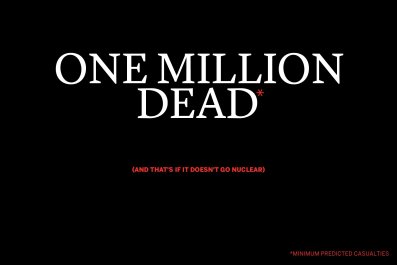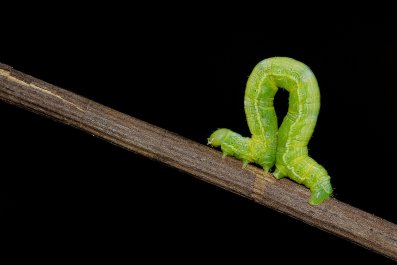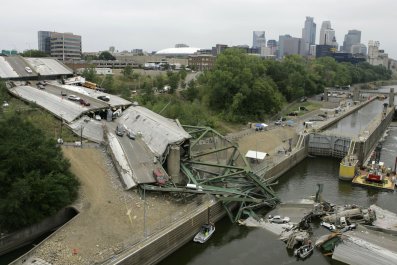Across the globe, countries with massive oil reserves are often poor, corrupt and inefficient, relying almost exclusively on petroleum, instead of investing in other industries. When prices are high, money abounds, but when prices fall, the economy often spirals into disaster.
Such a meltdown is now playing out in Venezuela, which has the world's largest proven oil reserves. During the late 2000s, the nation's oil and gas industry helped fund President Hugo Chávez´s ambitious social programs—from building massive housing projects to employing thousands of Cuban doctors. But not long after Chávez´s death in 2013, oil prices began to slide, and that, coupled with widespread corruption and poor economic management, has led to the country's worst economic crisis in its history. Today, Venezuela suffers from hyperinflation that might hit 1,660 percent this year, according to International Monetary Fund estimates. Every night, people line up in front of bakeries, pharmacies and supermarkets, hoping to buy what they need in the morning before there's nothing left. In mid- to late April, demonstrators filled the streets of Caracas and other major cities to protest the government, where the police used tear gas and clashes left more than a dead and many more wounded.
Now, the government, which blames many of its problems on " economic warfare " by foreign powers and local business interests, has a new panacea: mining. In August last year, President Nicolás Maduro opened up the Arco Minero—an area in the Amazon that amounts to 12 percent of all of Venezuela's government-owned land—for large-scale mining operations. The area is replete with gold, copper, coltan and diamonds, among other natural resources, and experts say it's worth about $10 billion. Maduro says there's been a surge of interest from companies in Canada, Europe and Africa.
Yet critics say Venezuela is making the same mistake with mining as it has with petroleum; it's still relying on natural resources instead of building a balanced economy. The only way for the country to become stable again, they say, is for Maduro to diversify the economy, reduce corruption and set aside funds for downturns.
Another problem with Venezuela's thirst for mining: the environment. About 70 percent of the country's fresh water is located in the south of the Arco Minero, and critics fear that increased mineral excavation will pollute the water and leave it undrinkable, especially for the area's many indigenous people. As Alicia Moncada, an indigenous Venezuelan who teaches history at the Central University in Caracas, puts it, "It's basically the whole Venezuelan Amazon that is put at risk."


